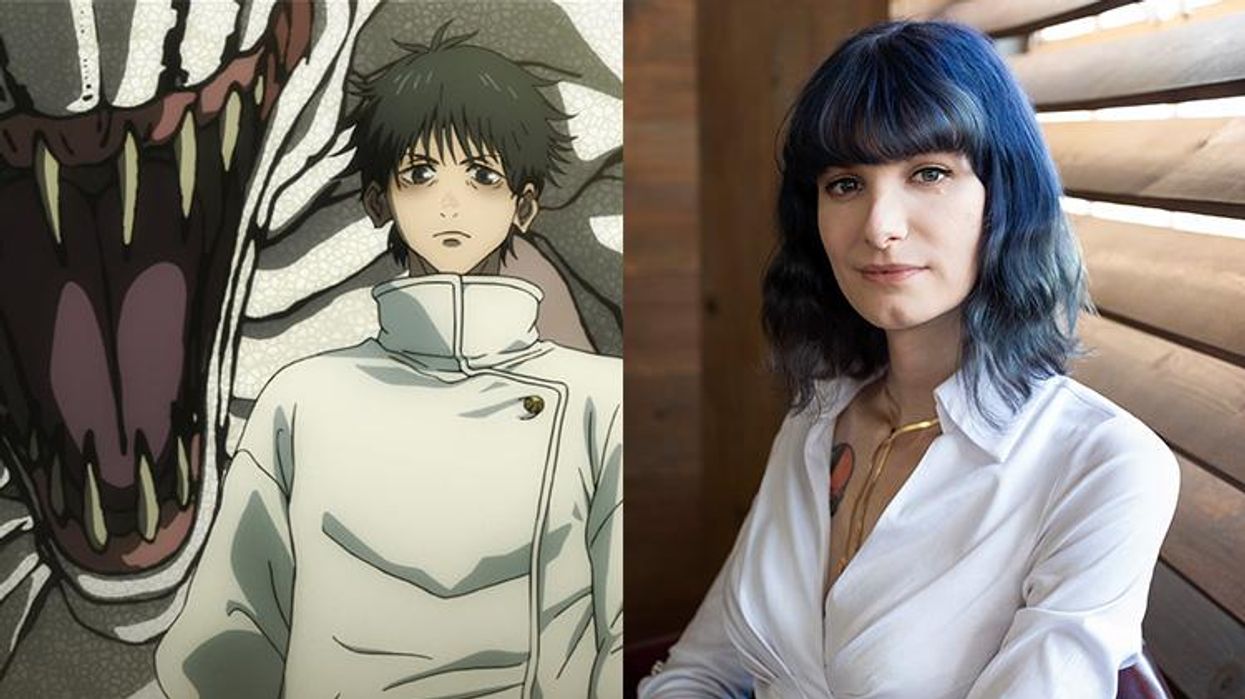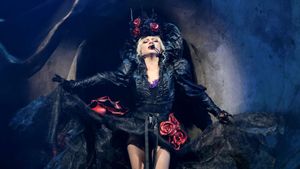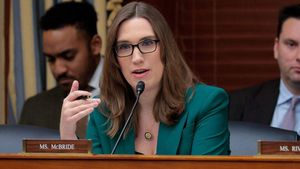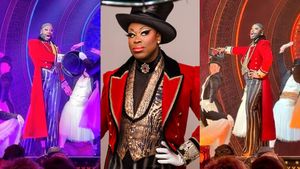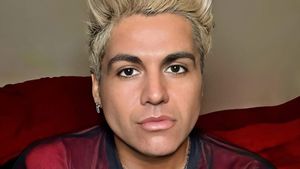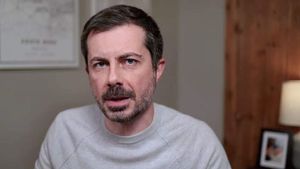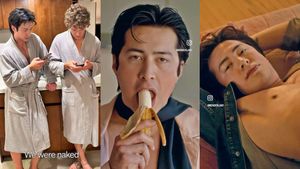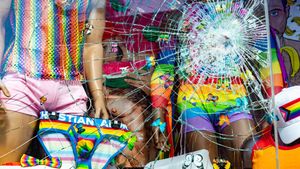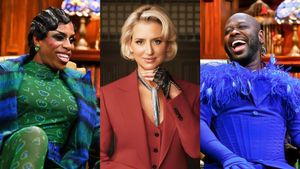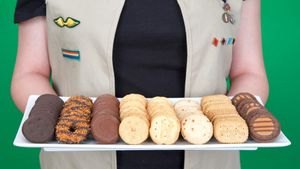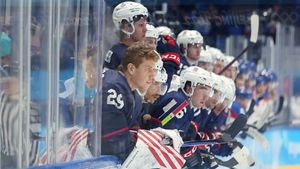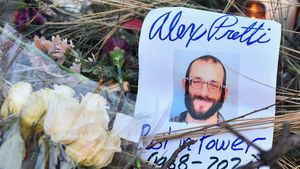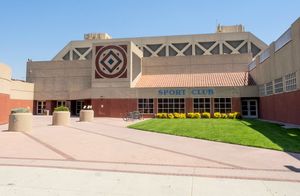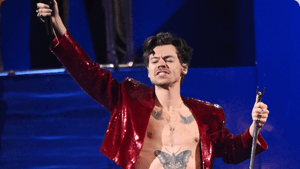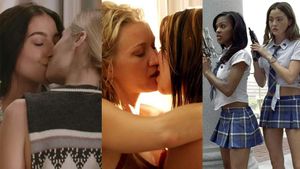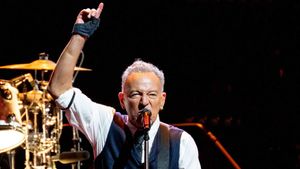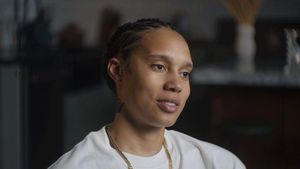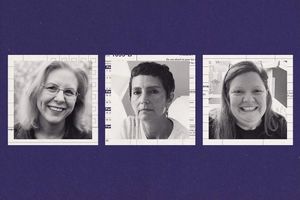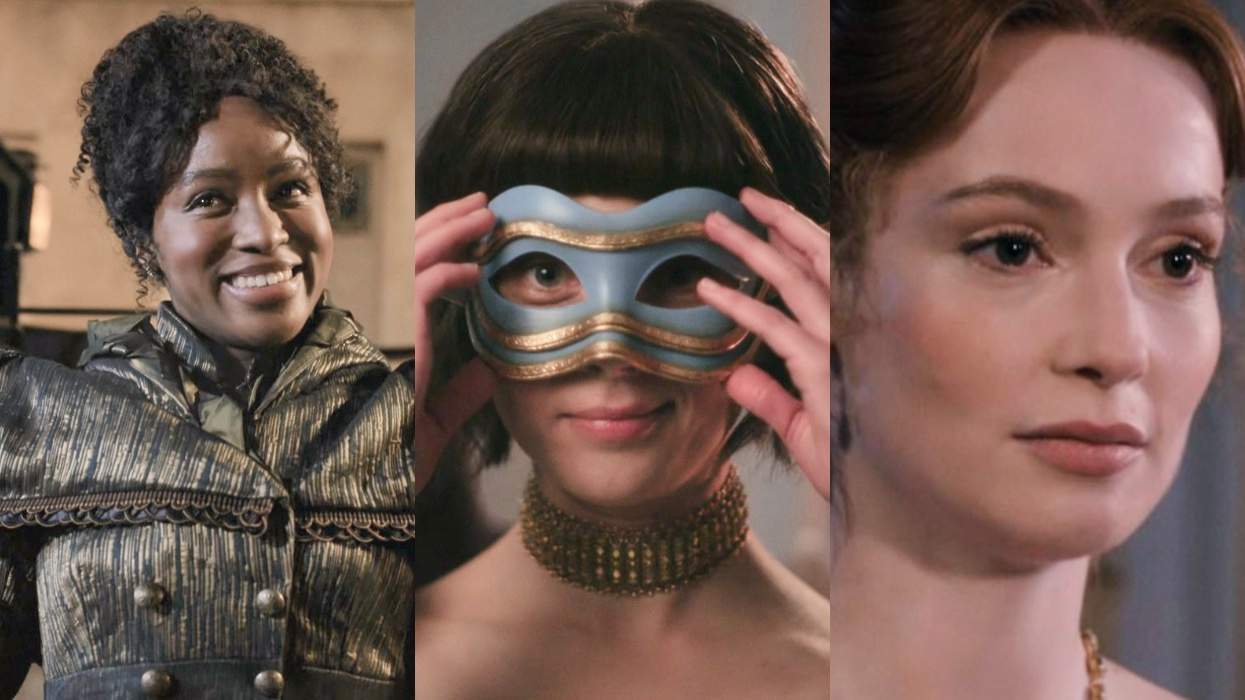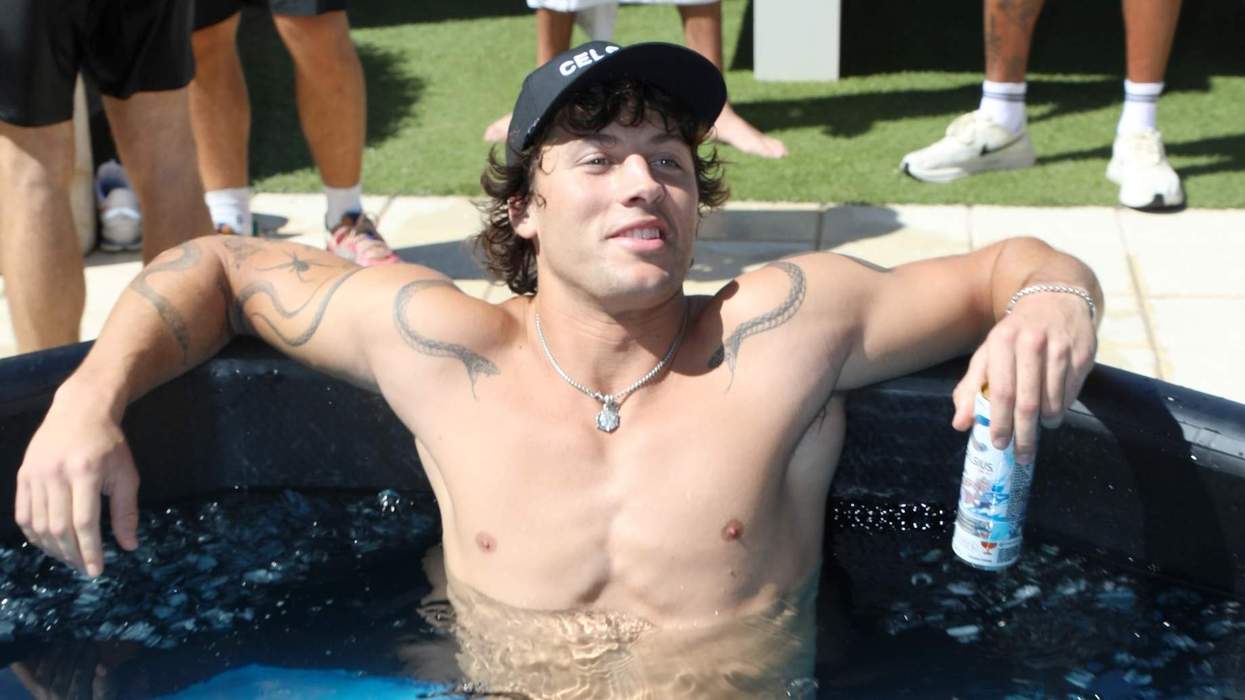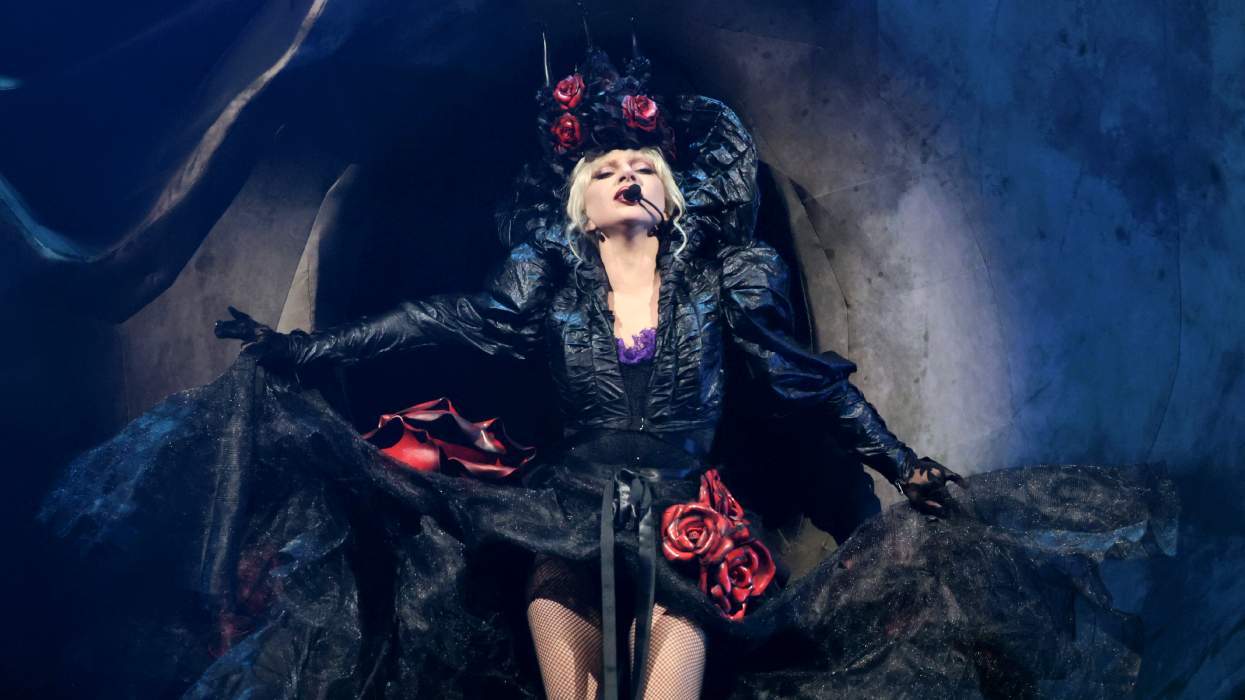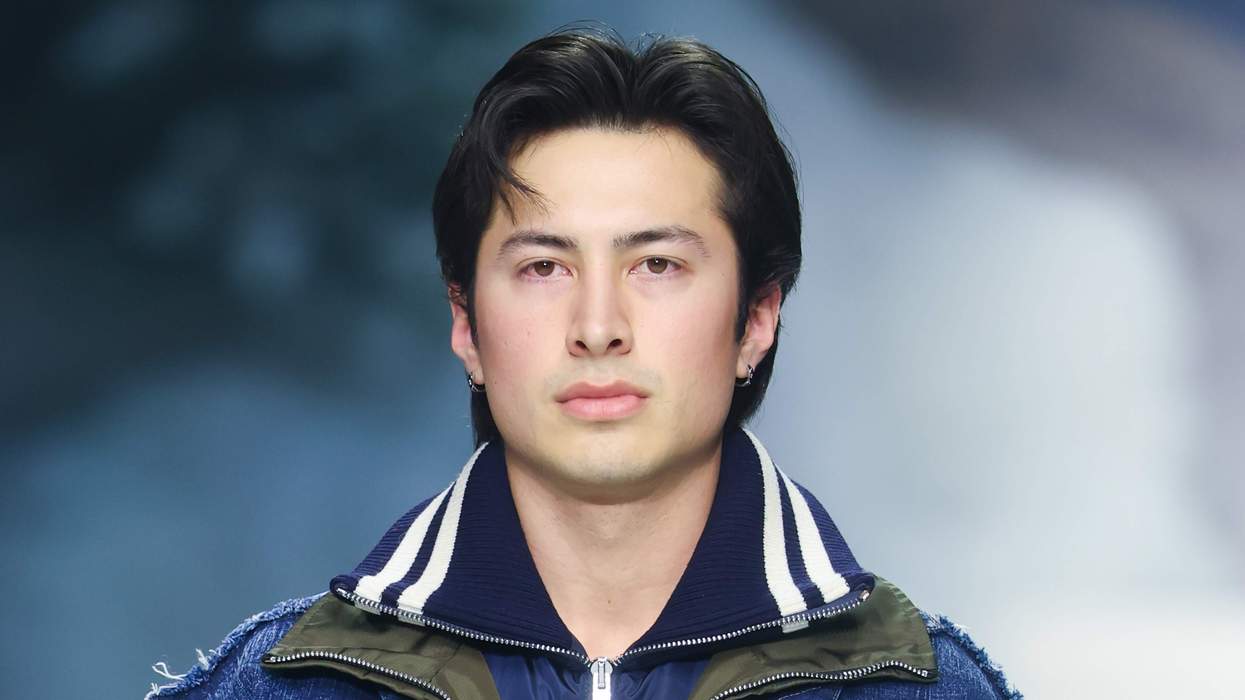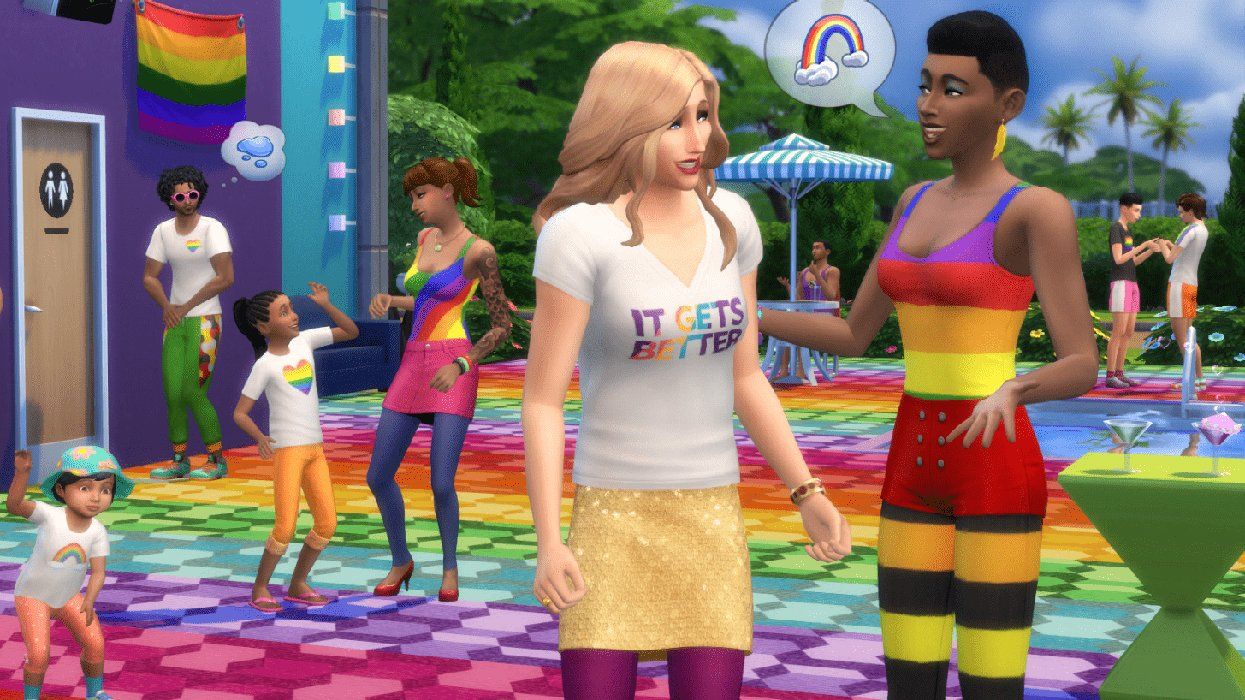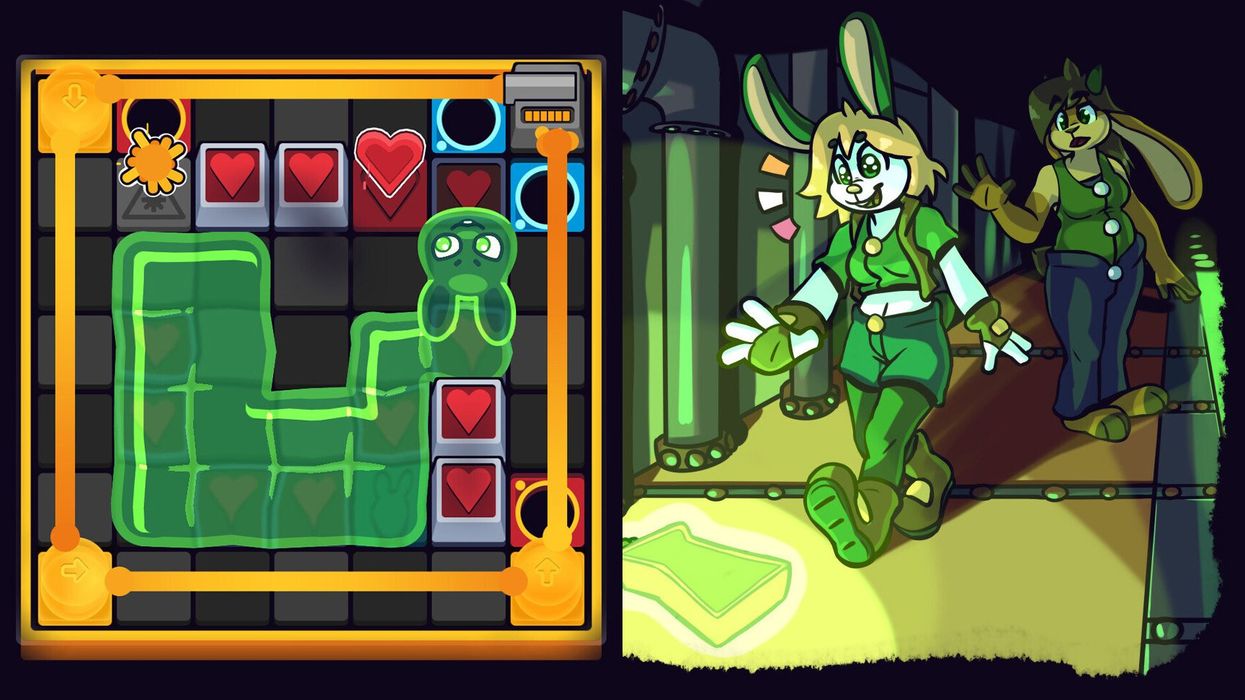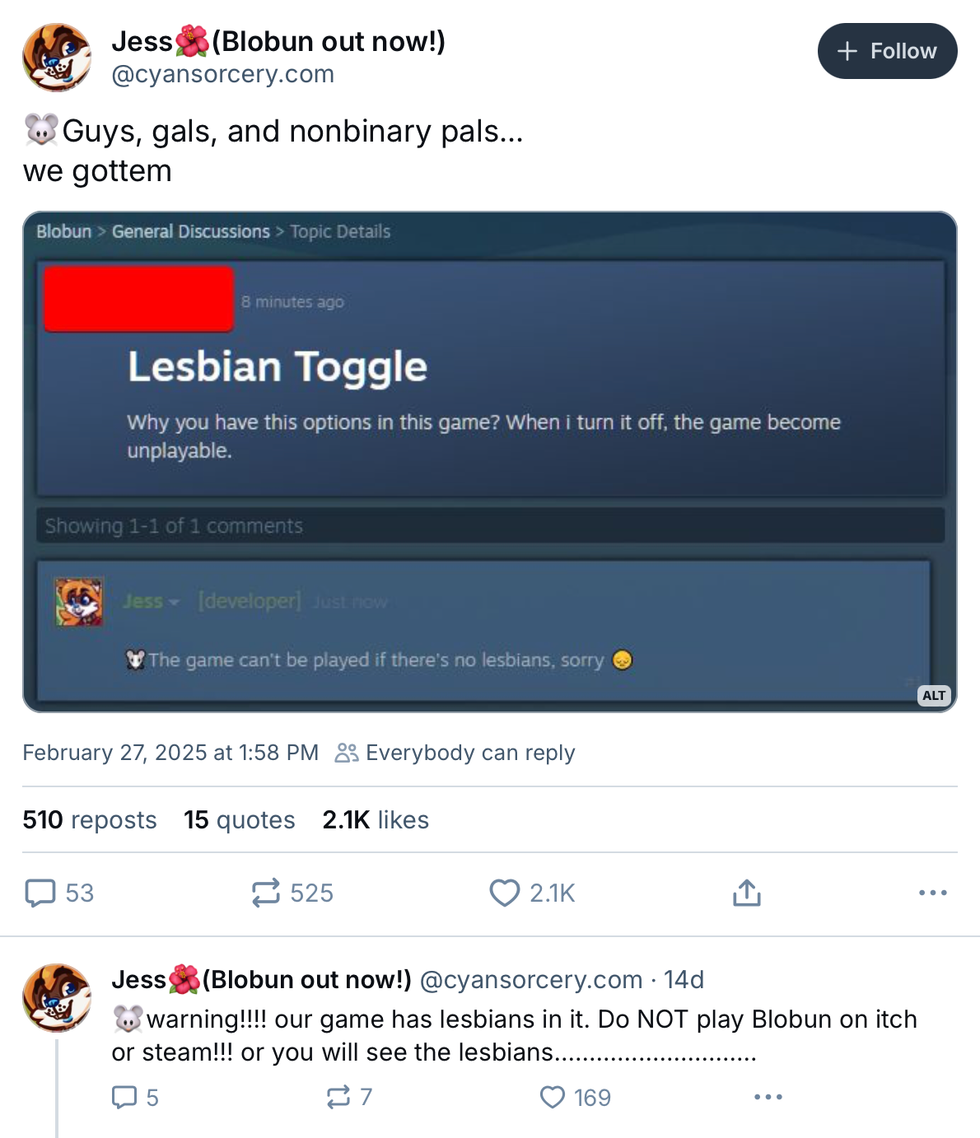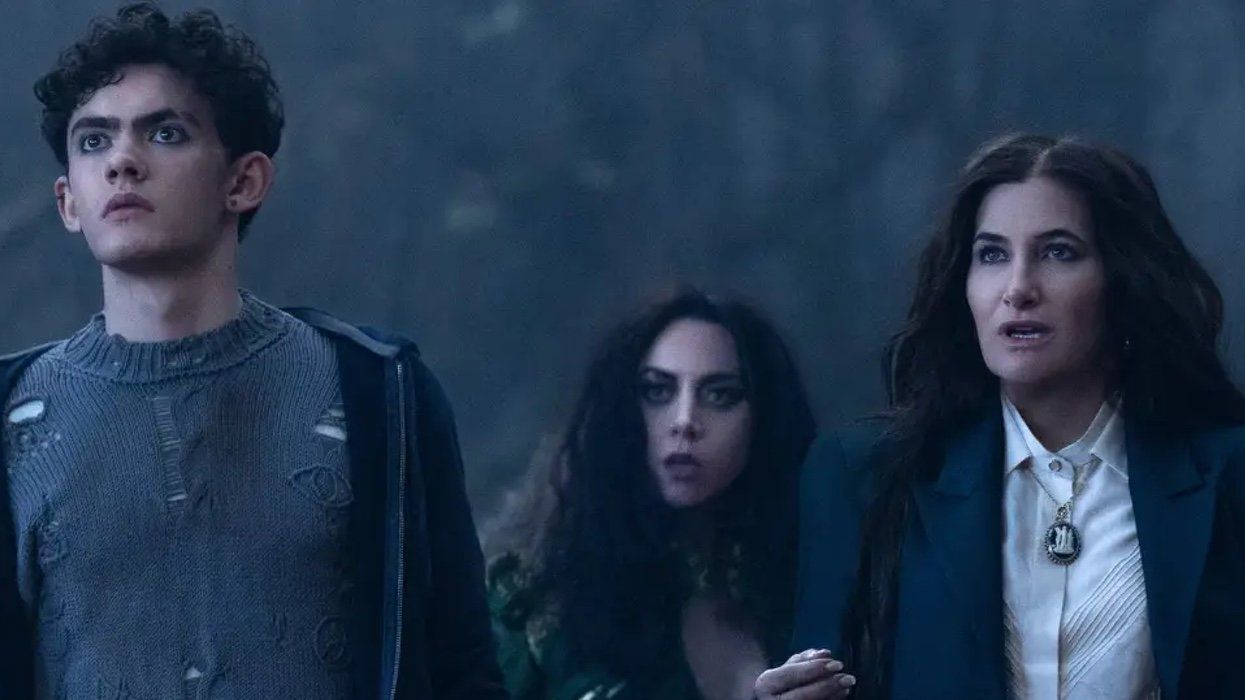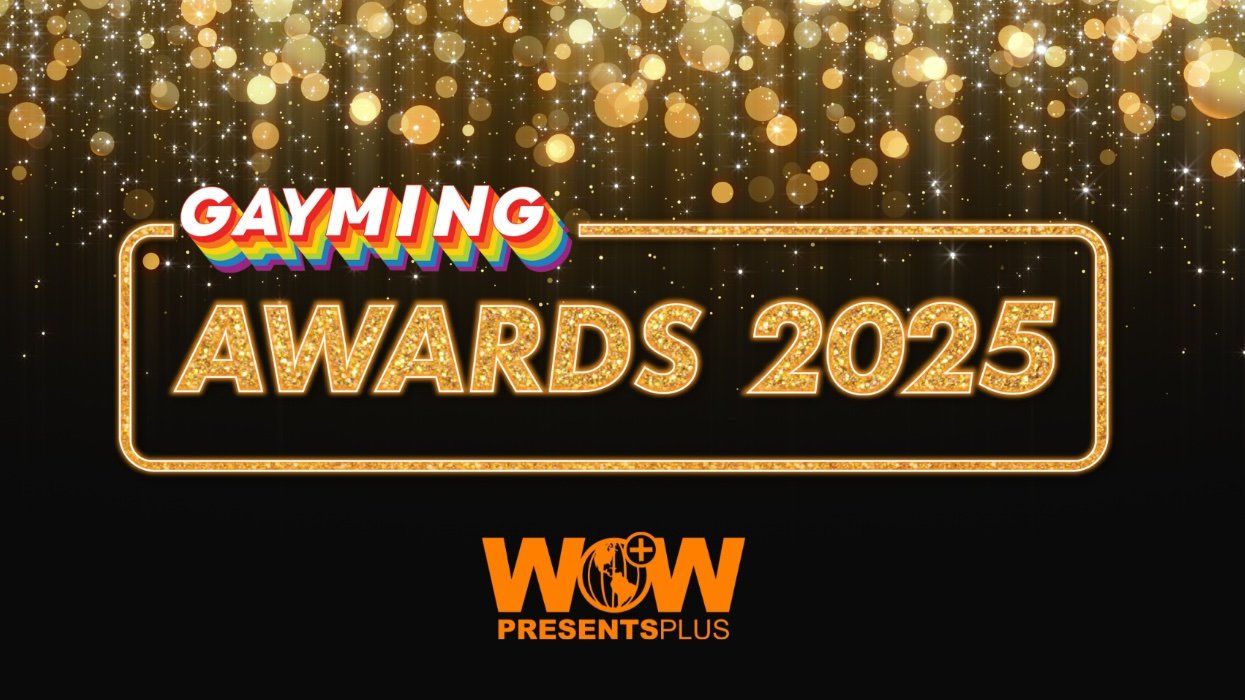Kayleigh McKee is changing the face of voiceover acting with her latest role in Jujutsu Kaisen 0.
The movie is a prequel to the massively popular 2020 anime series Jujutsu Kaisen and is currently the 9th highest-grossing anime film in Japan of all-time. Crunchyroll even named the series Anime of the Year in 2021.
The film has just entered theaters over in the U.S and McKee, who previously starred as Pina in Netflix's Beastars, has the starring role of Yuta Okkotsu in the dub. As a fan of the anime before she was cast, the voice actor opens about entering the universe, what her transgender identity brings to the table, and why so many LGBTQ+ people see themselves in the fantasy worlds of anime.
PRIDE: What has it been like to be a part of a series like this where the fandom is so rabid?
Honestly, it's been a surprise. I didn't expect it, but I also have felt very welcomed by a lot of the fans. And I was a fan myself. I watched the first season before I was ever in it. It was very cool to get to be a part of a world that I already knew and loved. And I think having that energy to come into it with has helped me sort of assimilate with the fandom as a whole that is now giving attention to me for it. It's just a lot of fun. People have a lot of fun with it and I'm really glad to be a part of it.
What's the most fun part of voice acting? I imagine the eighty different gasp variations.
One of my favorite things for voiceover is small additions of emotion. Like when you're giving a read and you're just adding that little bit of feeling that comes across huge because it feels real, where you give just that little bit of comprehension. When you do it right, the audience feels a lot of internal turmoil, but you've only let it crack just a little bit. Being able to do that and invoke those big things with subtle movements is always a challenge, but always so fun. It's one of my favorite things to do.
As a transgender voice actor, do you have feelings about taking on both masculine and feminine roles?
I have a range that I naturally have, and I should use it if I want to bring life to characters. And even though I can do this deeper voiced man, to me it doesn't feel much different than somebody like Maile [Flanagan] who does Naruto or [the Dragon Ball Z voice actors] in Japan. They're doing adult men, but they're women. It feels like that for me, I just have a range that some women don't have and I'm able to pull it lower. I always wanted to keep using that range but I was worried, I will be honest at first, but I decided to utilize that strength. I knew that I didn't want to portray a man on screen, but I could give voice to men or deep voice monsters, things like that. Behind-the-microphone role play like I'm in doing in Dungeons and Dragons, which I've done my whole life. That's a whole different thing. I love breathing that life into them.
What are your favorite anime shows or characters, just off top of your head?
A little stereotypical, Cowboy Bebop was a big love of mine growing up same with Trigun. My dad got me into anime as a kid. He had the Trigun box set DVDs. He had Cowboy Bebop on VHS and I watched that. I also really liked the Battle Angel Alita OVA, like five episodes as a kid. Loved that. And then Fullmetal Alchemist. It was a favorite of mine as well as Digimon. I watched a lot of Digimon. I still have the VHS for the Digimon movie. It's the only VHS I still own.
I love that memory. When I think about anime, it was something very separate from my parents. That's really cool that your dad is also into anime. Do you ever freak out about shows with him?
I do, yeah. My dad is into anime and tabletop RPGs. I've been around War Hammer and Dungeons and Dragons my whole life because of him. Growing up, I would always sit in the corner while him and his friends are playing and they had this decorated room with suits of armor and a little indoor waterfall that my uncle, my dad's best friend, built. He built his whole room, he just was a really good hands-on prop maker guy, so he built this whole thing and I would sit in the corner and I would listen to them play. If it was an adult sort of period of their role-playing, they would kick me out into the living room that he made to look like a New York skyline. And he had this huge shelf of anime. And then I would watch it on this projector TV. He had massive projector box TV that folded down in the front to have the lights. And it was just a little mismatched on the blue and red. Looking back, how f*cking lofi is that? It was really fun and my mother also did top-level raves and World of Warcraft throughout its heyday and is really into the Labyrinth, that darker fantasy stuff. I got some of that on both sides of my parents and it synthesized within me and I'm really grateful that I had that.
Why do you think LGBTQ+ people are so attracted to anime and fantasy? There's definitely a correlation.
Oh yes, there is. And I knew my whole life, my identity, even if I didn't tell everyone for a while, but I was so drawn to these fantasies of self-empowerment and the power to be what you are regardless of anyone else, regardless of what darkness and enemies and mean people may be out there. The power to just be yourself and be flashy and there. It's so attractive and I was always drawn to it as a kid. And you find empowerment in the weirdest places. I really like the Battle Angel Alita OVA for that reason. She was a girl who staked herself and her identity, said who she was against, what people thought she should be at every stage. She's badass and she kicks all these cyborgs' buts. It's so cool.
With everything going on with Disney and Pixar, there's obviously a big conversation about LGBTQ+ voices and stories in animated mediums. Do you have any thoughts on it?
It's something that anime struggled with for a long time because of the cultural differences, because of the trends in Japan and the lack of communication or digging into the source material on the Western side. There were lapses in communication, there are differences in localization and the stories from Japan also had gaps of understanding of certain facets of that, but it's been really expanding in recent years as not only in the Western side of things had a more open dialogue with the creators and the studios of these shows, but we've also had a more open dialogue with people who watch these stories and asking what kind of language is right for this audience and for people watching in the US.
In Japan, the LGBT community has been making strides and they've been becoming more visible. As that happens, and as the world becomes more connected and people from anywhere can see these stories, the stories become a lot more careful and caring and finding the joy in it more so than just using it as a throwaway trait or even as a joke. And I think that progress is only going to continue.
Honestly, as we become more connected in the industry and in the world, and as this becomes more visible, more accepted in places that it hasn't been before, we're going to see more and more beautiful stories that are empowering and don't have to focus on that or on the negatives. I think that's a phase that it always goes through where it's like, it's a throwaway, it's a joke, it's a trauma. And then it's just there. And finally, it can be an empowering part of the story. It's like, we kind of have to get through that wall and I think we are.
I think it's happening very slowly. And I love to see also just creators and artists behind the scenes like yourself.
As far as queer people in the industry, that's been growing too. Even aside from the stories in the shows and people recognizing that people like me, people like my friends, we have talent that we can bring. And there's no reason to not explore that talent and hire us for that talent that we bring.
People of marginalized communities are making these footholds. They're finally letting these communities have some of that consistent resource of it. Like when one or two get brought in and we prove ourselves, then others can follow. And we are seen as just a normal people as we are as a part of the workforce, we get on director's minds and their rosters. We get on, we get that pay of a character returning in this or another series that those resources, that snowball over time, that a lot of these groups have been kept out of for a long time in the industry.
